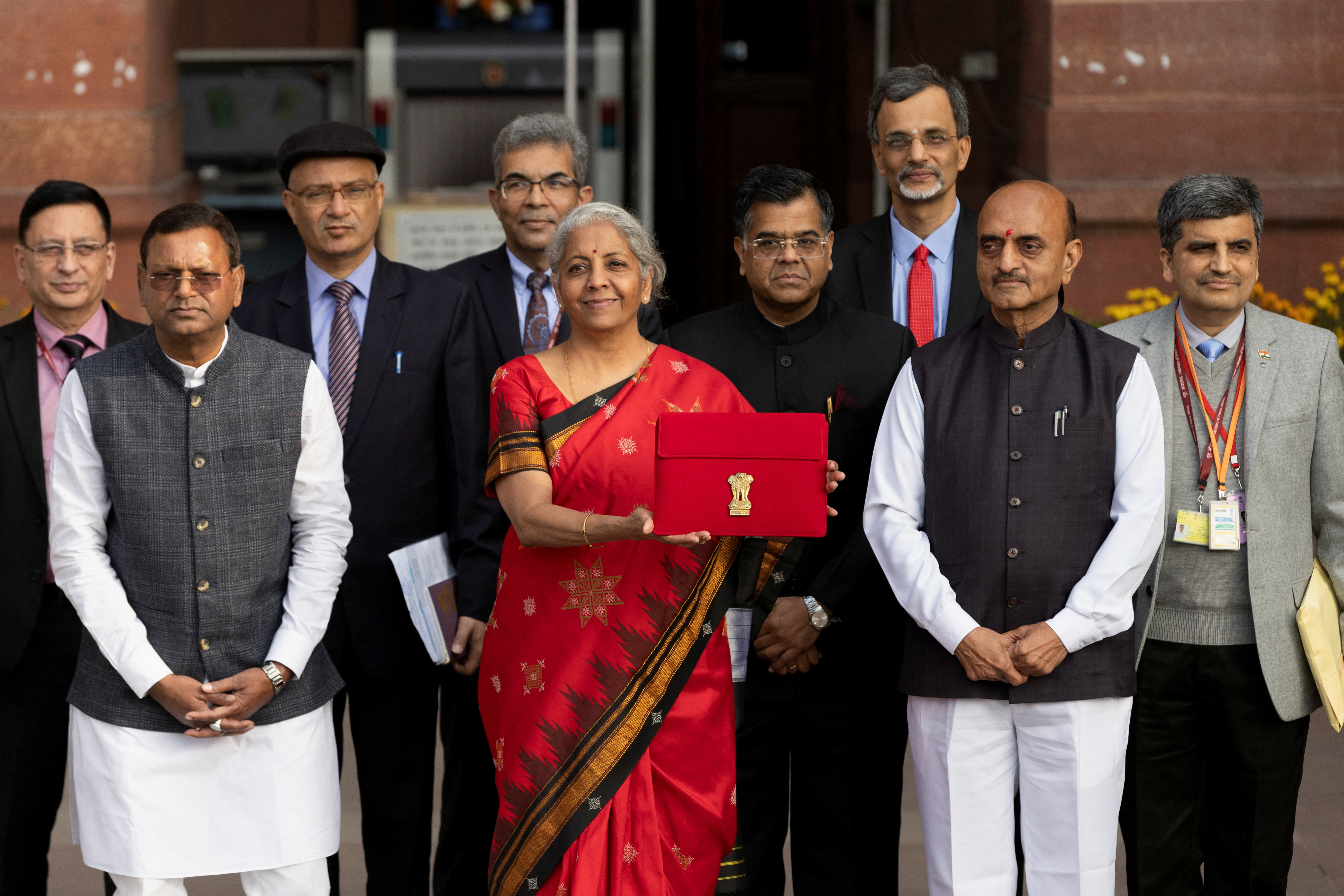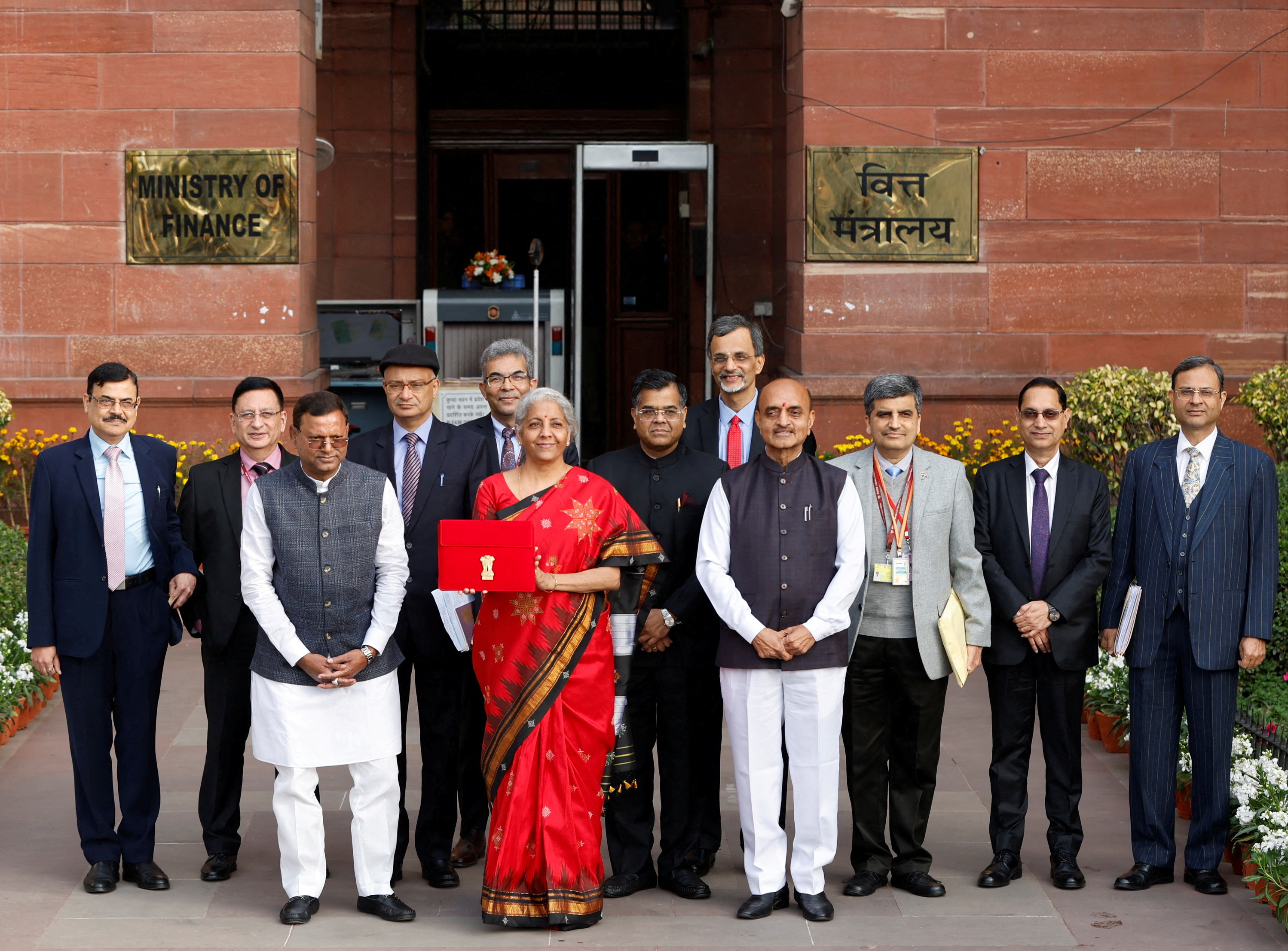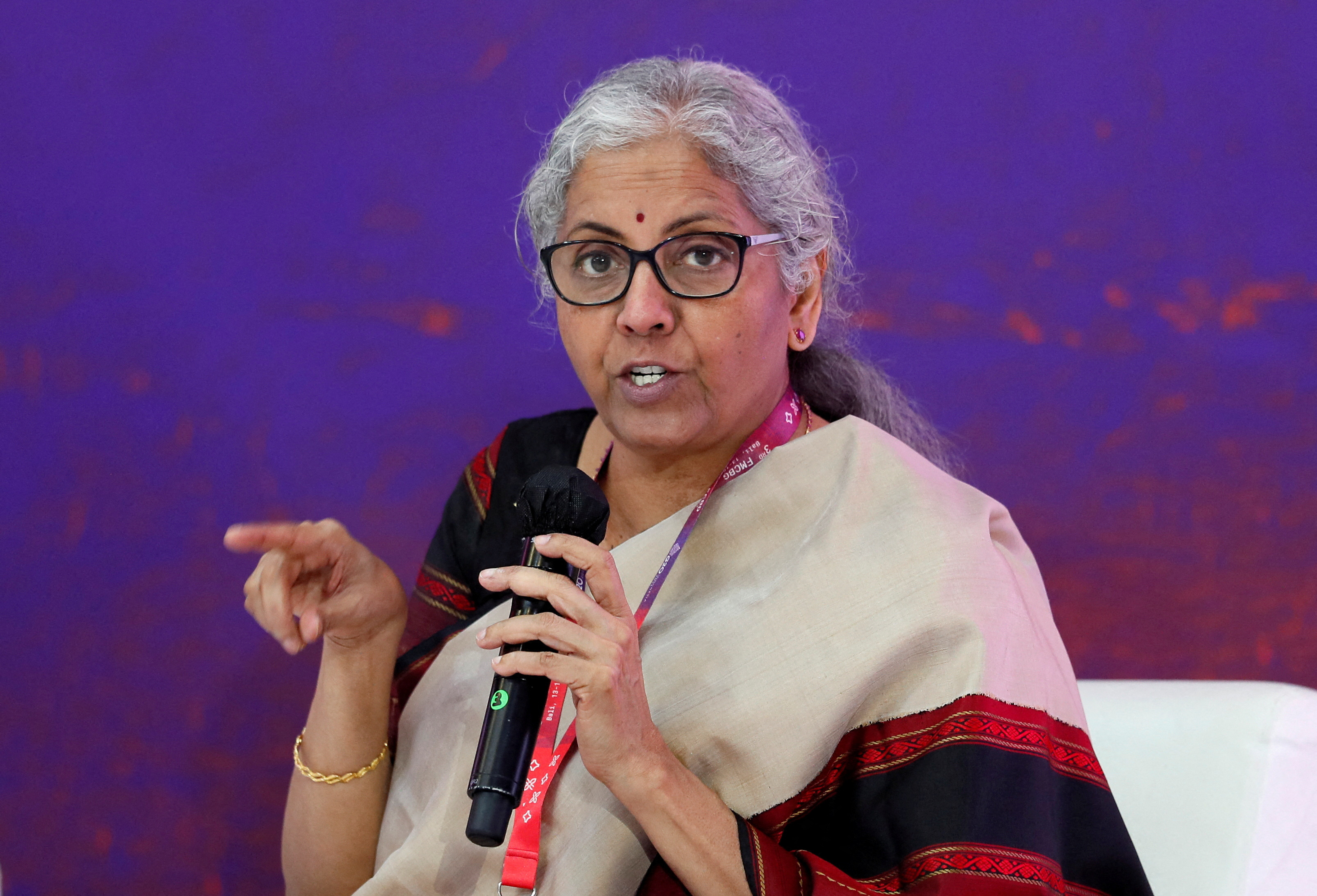India’s government on Wednesday unveiled one of its biggest jumps in capital spending in the past decade and said the fiscal deficit would fall next year, as it tries to create jobs while maintaining financial discipline.
As Prime Minister Narendra Modi’s government faces elections in key states this year and a national vote in 2024, it has been under pressure to create jobs in the country of 1.4 billion where many have struggled to get employment.
“After a subdued period of the pandemic, private investments are growing again,” Finance Minister Nirmala Sitharaman said in parliament, referring to the COVID-19 crisis.
“The budget makes the need once again to ramp up the virtuous cycle of investment and job creation. Capital investment is being increased steeply for the third year in a row by 33% to 10 trillion rupees.”
The spending rise to about $122.3 billion in the next fiscal year starting on April 1 will be the biggest such jump after an increase of more than 37% between 2020/21 and 2021/22 as the pandemic forced the government to raise spending to support the economy.
Total expenditure is seen rising 7.4% to 45 trillion rupees, with longer-term capital spending budgeted to rise 33% to 10 trillion rupees.
Sitharaman said the government would target a budget deficit of 5.9% of gross domestic product (GDP) for 2023/24, down from 6.4% for the current year. A Reuters poll had pegged the deficit for the next fiscal year at 6%.
Gross market borrowing is estimated at 15.43 trillion rupees ($189 billion), while net borrowing is seen at 11.8 trillion rupees.
Since taking office in 2014, Modi has ramped up capital spending including on roads and energy, while wooing investors through lower tax rates and labour reforms, and offering subsidies to poor households to clinch their political support.
After Sitharaman revealed the big spending jump, ruling-party lawmakers thumped their desks as the camera moved to Modi.
A lack of enough jobs for young people has been one of the biggest criticisms of Modi, who is still widely projected to win the general election due next year.
Indian shares pared early gains, while bond yields moved higher. The benchmark indexes, Nifty 50 (.NSEI) and the S&P BSE Sensex (.BSESN), gave up gains, while the benchmark 10-year yield rose on the higher capital spending plans.
Sitharaman said the aim was to have strong public finances and a robust financial sector for the benefit of all sections of the country. She also allocated 350 billion rupees for an energy transition, as Modi focuses on green hydrogen and other cleaner fuels to meet the country’s climate goals.
Sitharaman said that despite a global slowdown because of the pandemic and the Russia-Ukraine war, the Indian economy was “on the right track”.
($1 = 81.7725 Indian rupees)
Related Galleries:






